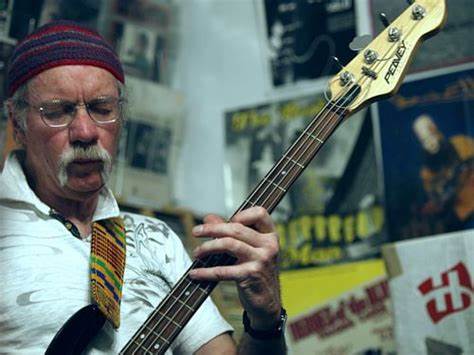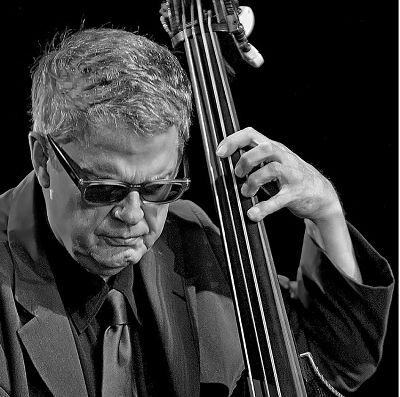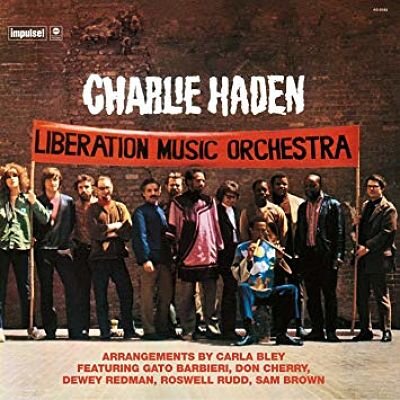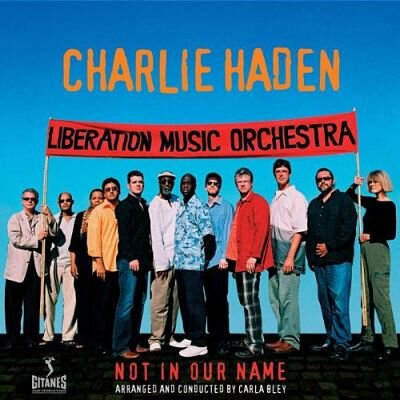Steve Swallow (Carla Bley, John Scofield, Paul Bley)
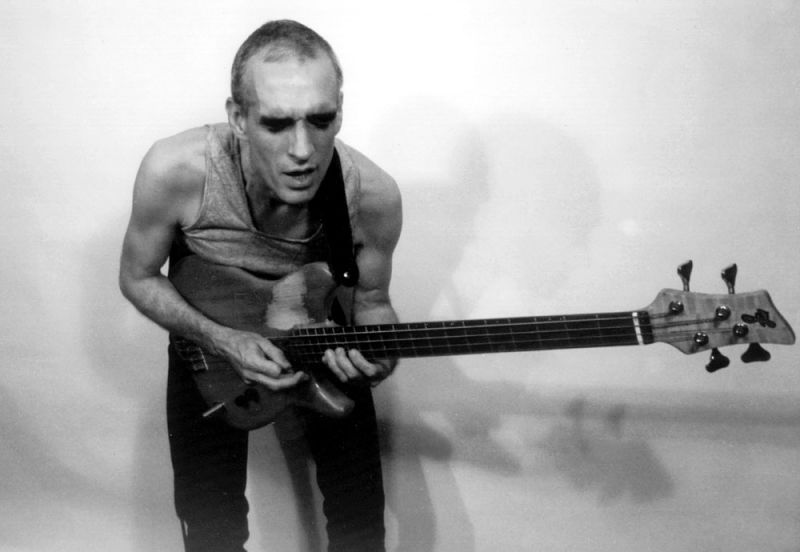
Courtesy of Steve Swallow Com
By Thomas Semioli
A plectrum player with a mastery of the upper register, Steve Swallow, along with Bob Cranshaw and Monk Montgomery, was a major proponent of the electric bass in jazz long before Jaco Pastorius and Stanley Clarke emerged in the 1970s.
An acclaimed, multiple Downbeat Award winning composer, recording artist, educator (his Berklee students created the first Real Book), and renown collaborator, Swallow’s hallowed canon includes landmark recordings and performances with Carla Bley, Pat Metheny, Gary Burton, Paul Motian, Joe Lovano, Jim Hall, John Scofield, and Stan Getz to cite a very, very select few.
Swallow started off as a pianist and trumpet player. He gravitated to the upright, landing a gig in the Paul Bley trio in 1960. A jazz fusion pioneer as a member of Gary Burton’s quartet with Larry Coryell in the 1960s, Swallow made the transition to electric and never looked back. Steve has recorded and toured extensively with his partner Carla Bley in numerous configurations spanning small groups to big bands.
Steve uses a copper pick and his main weapon of choice is an extended range bass with a high C string which he employs for chordal passages and improv.
Steve Swallow Sound & Vision:
With Tony Senatore & Friends “I’m Getting Sentimental Over You” https://youtu.be/frcY823kNiA
With John Scofield “Trio Blues” https://youtu.be/4frsImhVxHs
With Carla Bley “Sing Me Softly The Blues” https://youtu.be/kE3GqMX2bQY
With Pat Methany “All The Things You Are” https://youtu.be/VGRndhjNOoc
With Paul Bley and Jimmy Giuffre “Life of a Trio” https://youtu.be/u8bPVA20V7E
The Steve Swallow Quintet at the Heineken Jazz Festival 2013 https://youtu.be/EsdcWXZ45QY
